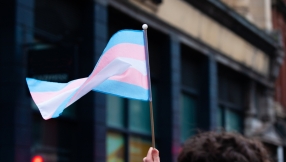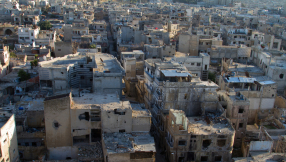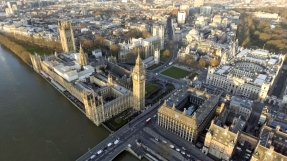Donald Trump risked inflaming the Middle East tonight as he unilaterally announced that the US was recognising the divided city of Jerusalem as Israel's capital, and that the US would move its embassy from Tel Aviv to the Holy City.
After 24 hours of a major international backlash at his move, led by Pope Francis who expressed his 'deep concern' earlier, Trump confirmed the controversial step, saying 'all challenges demand a new approach'.
Claiming that a two-state solution in the region – now widely seen as threatened – was still possible Trump said: 'This is a long overdue step to advance the peace process.'
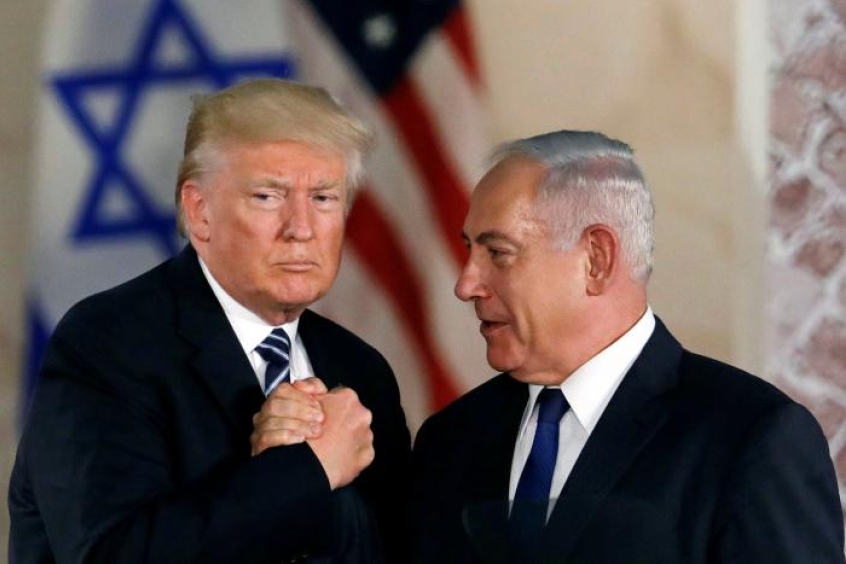
In a statement at the White House guaranteed in to delight the Israeli prime minister Benjamin Netanyahu and infuriate Palestinians who regard the division of Jerusalem as crucial to any settlement, he went on: 'This is nothing more or less than a recognition of reality.'
Netanyahu has called the move a 'historic landmark' but Palestinians have called for protests in the West Bank and Gaza.
Trump was speaking in front of his Vice President Mike Pence, who will travel to the region in the coming days.
'Every previous American president has exercised the law's waiver refusing to recognise Jerusalem as Israel's capital city,' Trump said.
'Some say they lacked courage... after two decades delaying recognition has done nothing to achieve peace. It would be folly to assume repeating this would make a better result. I have determined that it is time to officially recognise Jerusalem as the capital of Israel. While previous presidents have made this a major promise they have failed to deliver.'
Trump added that Jerusalem must remain a holy site for Jews, Christians and Muslims, all of whom worship in the city.
The UN and almost every country in the world currently refuse to accept that Jerusalem is Israel's capital, with most major embassies functioning in the sea-side business capital, Tel Aviv. The international consensus is that East Jerusalem is occupied territory, just like the West Bank.
While Israel considers Jerusalem its 'eternal, undivided capital', the Palestinians regard the east of the city – occupied by Israel in the 1967 Six Day War – to be the capital of any future Palestinian state.
The debate about the embassy's location goes back to 1995, when the US Congress approved the Jerusalem Embassy Act, which requires that the American embassy be moved from Tel Aviv to Jerusalem.
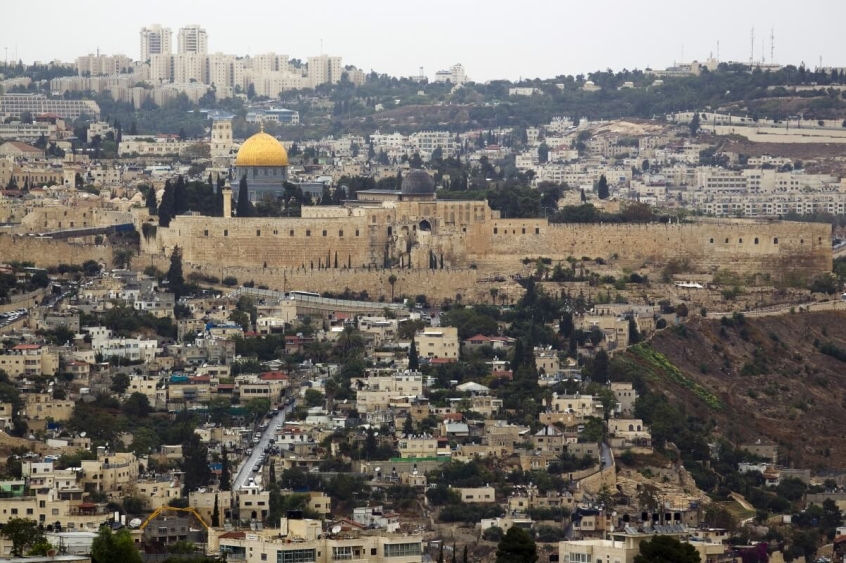
Since then, successive US presidents – both Democratic and Republican – have exercised a waiver delaying its implementation every six months on national security grounds, and official US policy does not recognise Jerusalem as Israel's capital.
There has been speculation for the past two years about whether Trump would fulfill his campaign promise to make the move, as well as recognise Jerusalem as Israel's capital.
The French president Emmanuel Macron responded to the 'unilateral' move, saying: 'This decision is a regrettable decision that France does not approve of and goes against international law and all the resolutions of the UN Security Council.'










